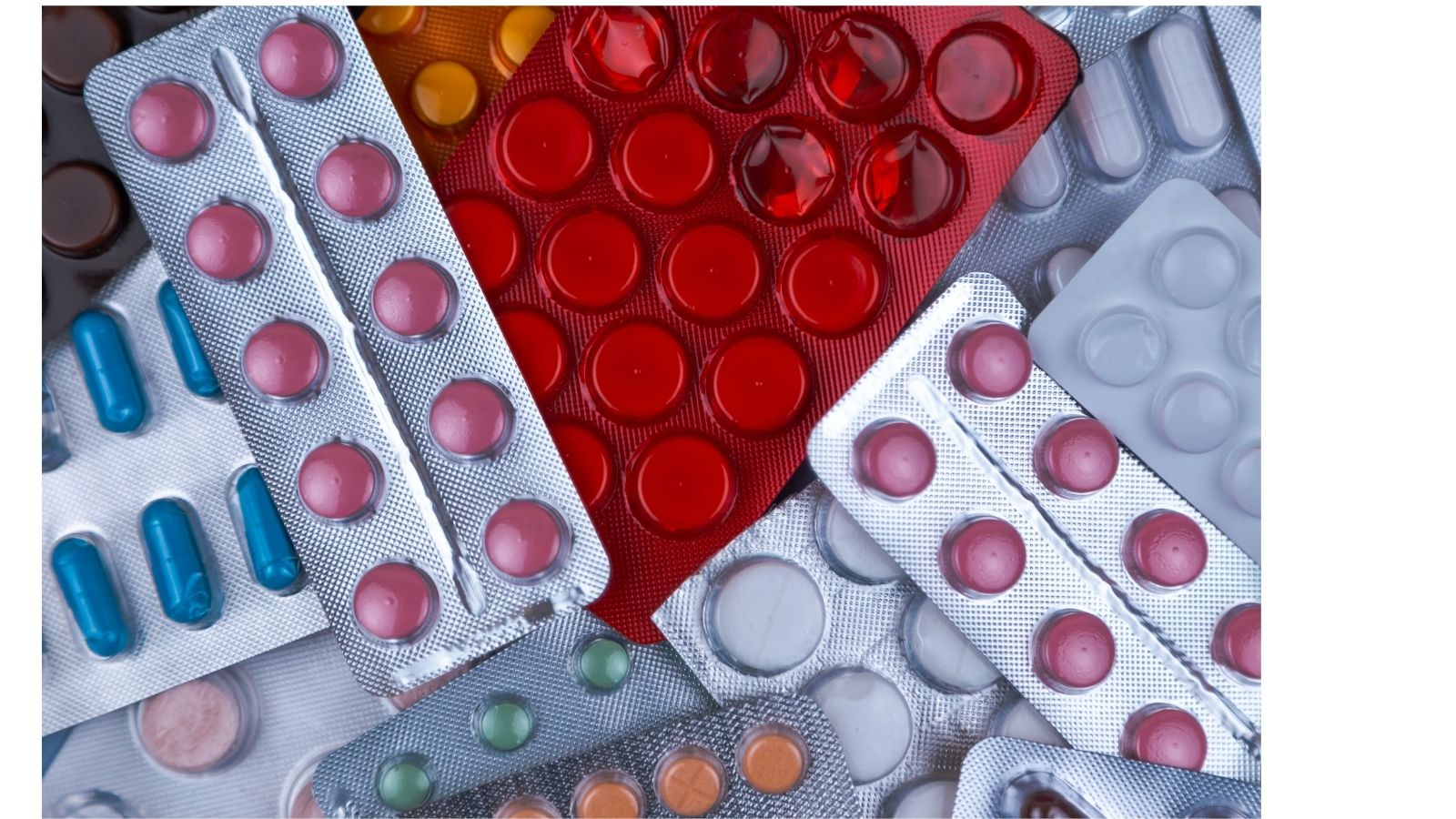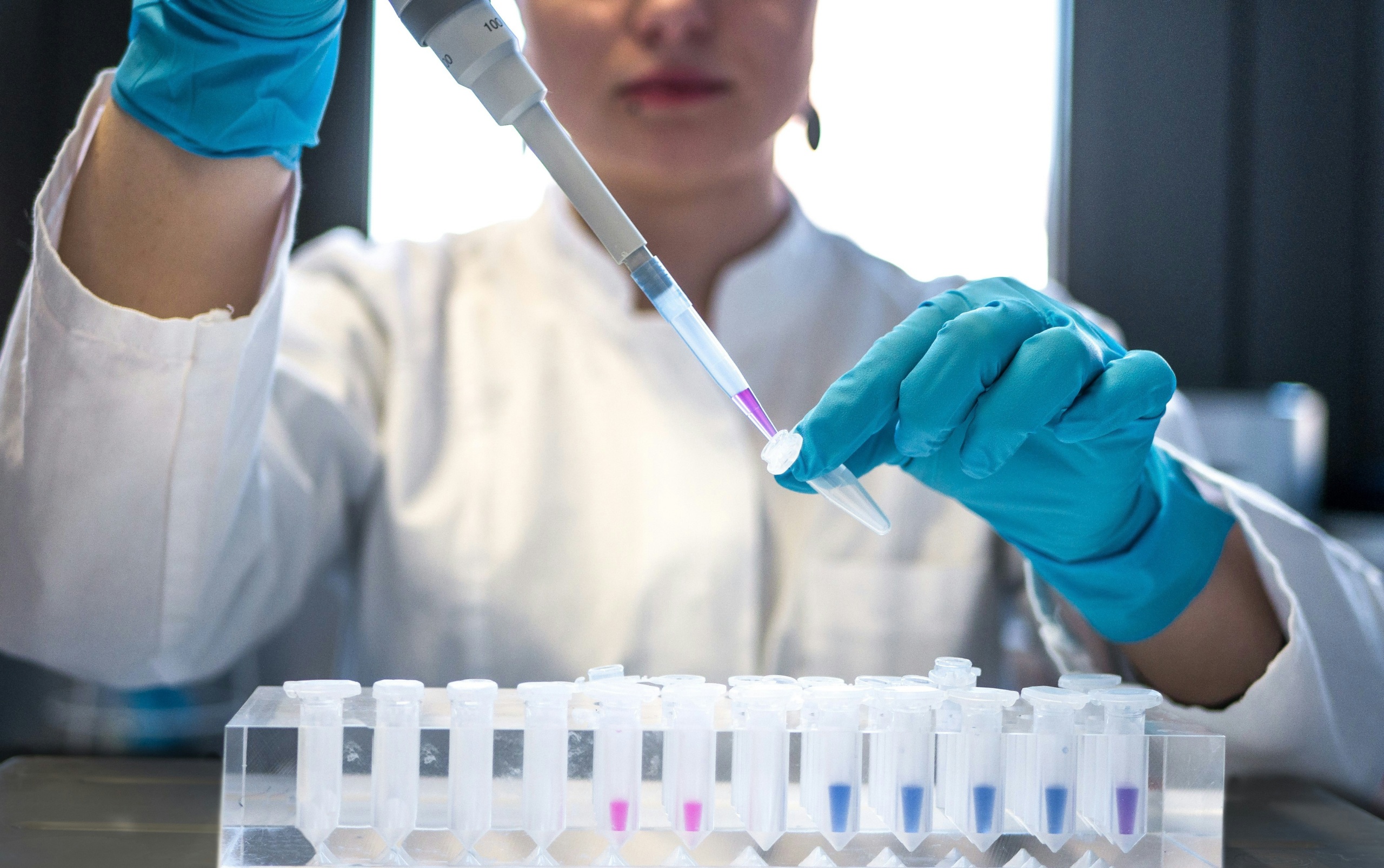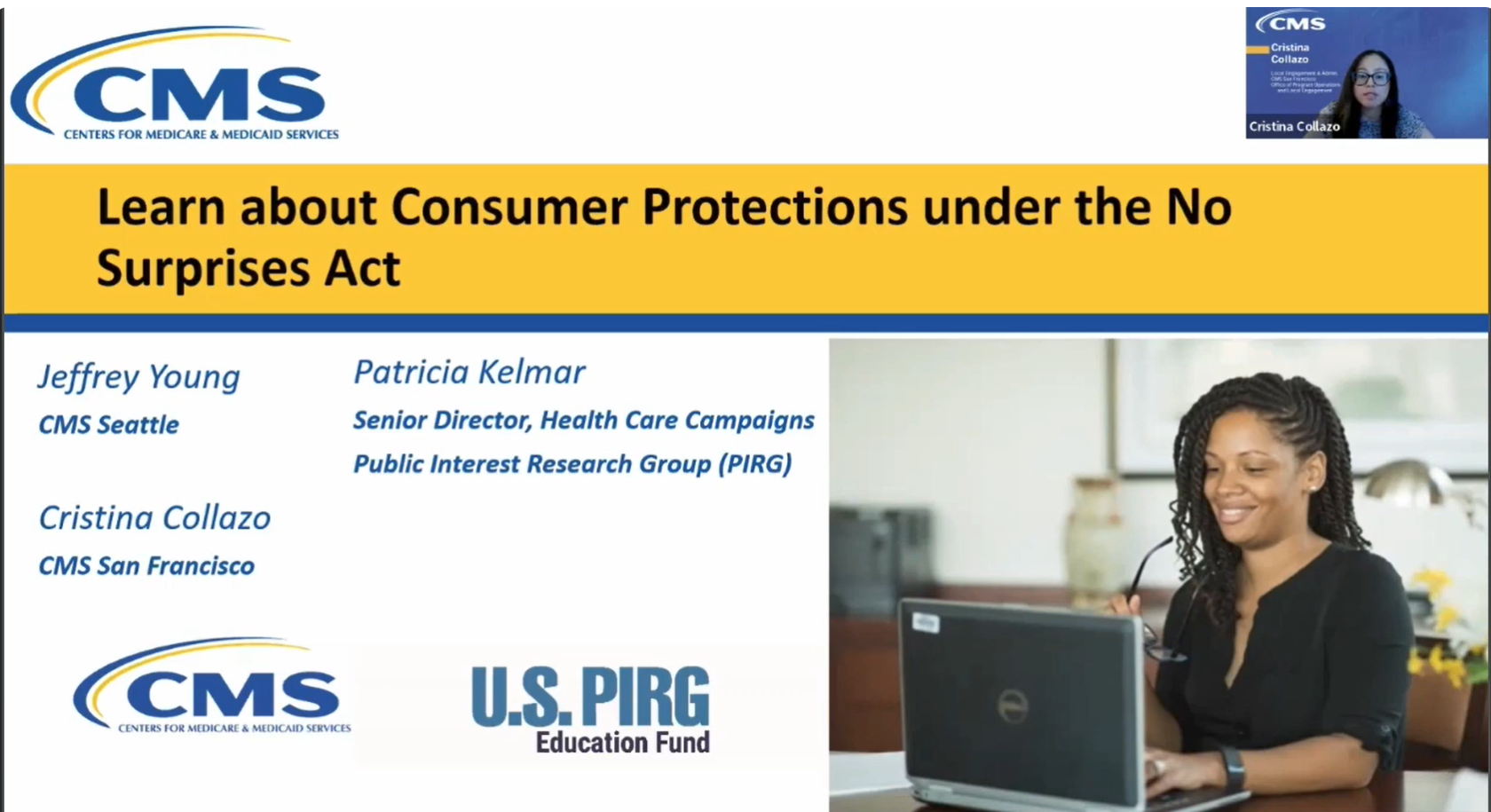
Hacking through thickets of drug patents to get to affordable medicine
Here are the tactics that drug companies use to keep lower-priced drug competitors out of the market

Every month, a collective groan rises as Americans refill prescriptions. The drugs that keep us healthier, ease our pain or treat our illness are slamming our personal budgets through out-of-pocket payments and again when health insurance companies raise our annual premiums to cover the cost of ever-increasing drug prices.
It doesn’t have to be this way. For example, Humira, the world’s best-selling drug, is 80 percent less expensive in Europe than in the United States. The difference in price is due to alleged anti-competitive patent practices by Humira’s U.S. brand manufacturer, AbbVie. To address this pricing disparity, U.S. PIRG filed an amicus brief in support of a case brought by UFCW Local 1500 Welfare Fund against AbbVie in the 7th Circuit Court of Appeals arguing that AbbVie’s strategies delayed the entry of biologically similar generic drugs (biosimilars) onto the market, costing Americans billions of dollars. Oral arguments were heard by the appeals court last month.
Advocates for lower drug pricing are watching the case which challenges a relatively new tactic used by brand name companies to keep low-cost generic drugs off the market. Among other claims of anti-competitive practices, the plaintiffs allege that AbbVie has kept biosimilars from entering the market by creating a “patent thicket” around Humira. A patent thicket is “a dense web of overlapping intellectual property rights that a rival company must hack its way through” before bringing a generic drug to market. Without competition, the price of Humira continues to rise in the United States. Drug pricing is influenced by a complex tangle of laws and court decisions, and consumers don’t always win out.
The U.S. spends far more on prescription drugs than other countries, not because we use more drugs, but because of higher prices. One reason for these higher prices is due to the flaws in our patent system. When drug manufacturers invest hundreds of millions of dollars to develop new medications, they do so knowing that they can patent the drugs and gain exclusive rights to sell them for many years to come. Patent protection allows the drug developer to recoup their investment.
When done correctly, patents encourage investment and innovation, but patent protections aren’t meant to last forever. After a period of exclusivity, and its attendant reward, patents should expire, allowing other manufacturers to produce generic or biosimilar drugs and create a competitive marketplace that brings down prices.
While the patent system was intended to encourage investment in the pharmaceutical industry, it has also bred abuses. To head off competition and maintain high prices, drugmakers have twisted patent laws to extend the life of their patents well beyond what should be sufficient to earn back their initial investment. Patent thickets are just one such tactic used by brand name companies.
Patent claims, even when they are flimsy, are difficult to challenge in court and take years to litigate. As a result, even weak patent filings succeed in keeping prices high by dragging out the process — if not deterring generic competition altogether. How often does this happen? Far too often. One study analyzed patent practices for the 12 top-selling drugs in the United States. It showed pharmaceutical manufacturers of the brand drugs filed an average of 125 patent applications per drug to extend their monopolies well beyond the seven to 12 years of exclusivity intended under U.S. patent law.
AbbVie has woven patent thickets around Humira, which is primarily used to treat rheumatoid arthritis. The drug was first sold in 2002 and its U.S. patents were set to expire in 2016, giving AbbVie a full 14 years of exclusive pricing and sales. But just a few years before the patent’s expiration date, AbbVie filed over 130 additional patents relating to manufacturing methods and formulations, many of which are being challenged as invalid with the Patent and Trademark Office. The disputed patents have extended the company’s ability to keep competitors out of the market. At the same time, AbbVie raised Humira’s price. From 2006 to 2017, the drug’s price more than tripled and is even higher now at $72,000 for a one-year supply.
The lawsuit against AbbVie was brought by purchasers rather than the generic and biosimilar industry. That’s probably because of AbbVie’s use of another classic patent abuse maneuver: pay-for-delay. The company allowed competitors to enter the European market early in exchange for dropping challenges to Humira’s patent thickets in the U.S. The collective impact of both AbbVie’s patent thickets and pay-for-delay tactics has created higher costs for American consumers.
That’s why U.S. PIRG filed an amicus brief supporting the plaintiffs-appellants in UFCW Local 1500 Welfare Fund v. AbbVie, Inc. in October 2022. We argued:
“[I]f the District Court’s decision is not reversed, other brand manufacturers will imitate AbbVie and thwart the entry of biosimilars in the United States while allowing them to enter Europe sooner. This outcome will increase drug prices for patients, employers, and taxpayers in the United States as more affordable medicines will be delayed from entering the U.S. prescription drug market.”
We warned that allowing the practices like those alleged in the case would:
“..likely result in increased prescription drug prices as pharmaceutical drug manufacturers will be emboldened to follow AbbVie’s lead and engage in similar anti-competitive tactics using their own patent thicket strategies…”
The court’s decision in favor of the plaintiffs will be critical to putting an end to illegal abuses of our patent system. Patients should be able to get the medication they need without emptying their bank accounts. Going beyond, a favorable court decision would deter other brand name drug manufacturers using anti-competitive patent tricks that keep lower cost drugs off the market and out of the hands of American consumers.
Photo by: vvolodymyr hryshchenk in Unsplash
Topics
Authors
Patricia Kelmar
Senior Director, Health Care Campaigns, U.S. PIRG Education Fund
Patricia directs the health care campaign work for U.S. PIRG and provides support to our state offices for state-based health initiatives. Her prior roles include senior policy advisor at NJ Health Care Quality Institute, associate state director at AARP New Jersey and consumer advocate at NJPIRG. She was appointed to the Ground Ambulance and Patient Billing Advisory Committee in 2022 and works with patient advocates across the U.S. Patricia enjoys walking along the Potomac River and sharing her love of books with friends and family around the world.
Find Out More

Medical bill fees and strange add-on charges

Why hasn’t the government protected our rights in the medicine we helped to fund?

The FTC is cracking down on big healthcare companies
